Anise Star, Illicium Verum – China
$20.00 – $47.00
Anise Star Illicium verum
Anise star essential oil, derived from the seeds of the Illicium verum plant, is known for its distinct licorice-like aroma and various potential health benefits.
Add a few drops of anise star essential oil to a diffuser to fill the air with its sweet and spicy scent. This can promote relaxation and create a pleasant atmosphere.
Mix a few drops of anise star essential oil with a carrier oil and apply topically to the abdomen in a clockwise motion. This may help alleviate digestive issues and bloating.
Add a few drops of anise star essential oil to hot water and inhale the steam. This can help ease respiratory congestion and promote easier breathing.
Safety- keep away from children, heat and light.
Disclaimer: These statements have not been evaluated by the Food and Drug Administration. This product is not intended to diagnose, treat, cure, or prevent any disease or medical condition. The information provided is general and should not be taken as medical advice. Please consult your doctor, especially if being used during pregnancy, before using this product.
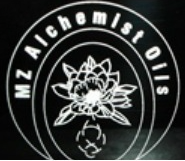
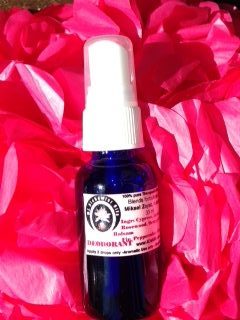
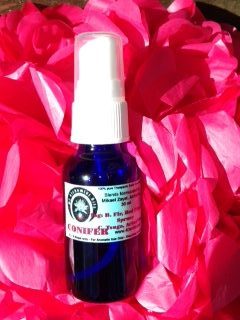
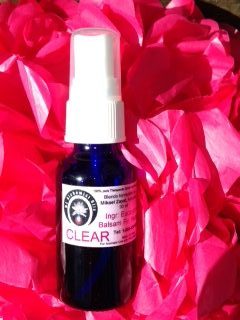
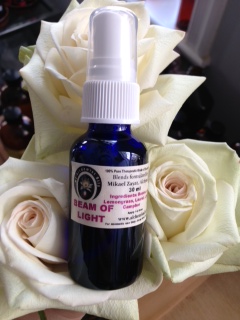
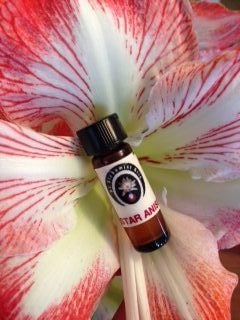
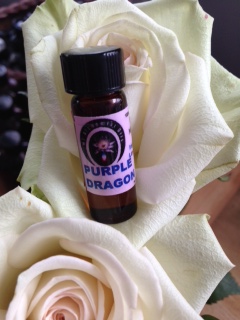
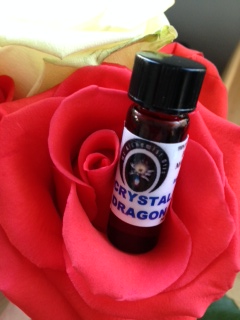


Reviews
There are no reviews yet.